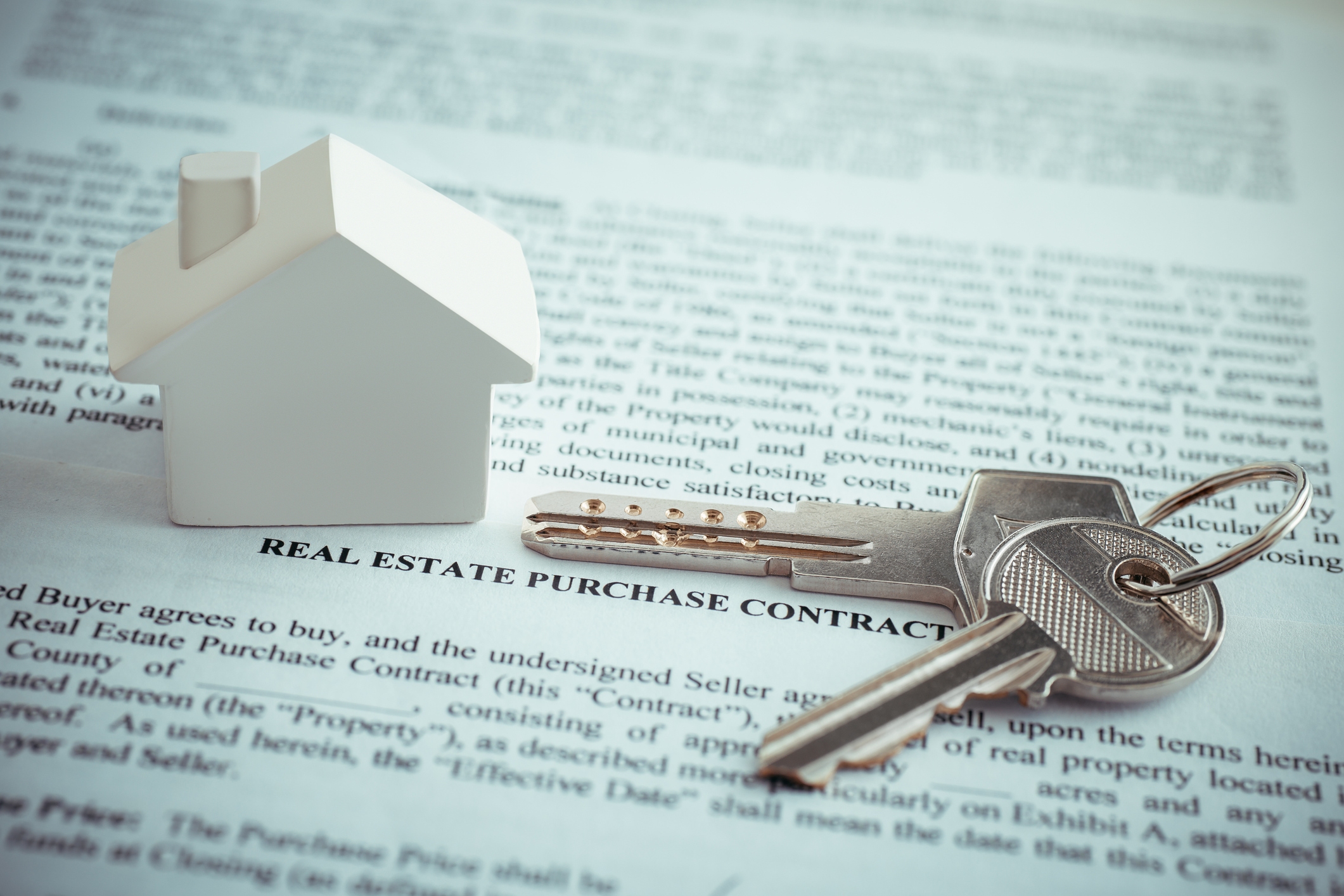What is property law in Australia?
Property law includes rules that control property rights, ownership, use, and transactions. It sets the guidelines for managing properties and dealing with the legalities of owning, using, transferring, and protecting property.
It covers two main categories: real property (land and buildings) and personal property (movable things). Understanding how it covers each category is essential, whether you’re an individual, a business, or a legal expert. Property law helps you resolve issues and protect your rights.
Types of property
Before you get involved with property law, it’s important to know the different property types, as each type has its own distinct laws. Recognising and understanding these differences will ensure you engage with property law correctly.
Real property
If you’re dealing with real property, you’re dealing with one of the following categories: residential, commercial, industrial, raw land, or special use.
Residential property
Anywhere you reside is considered residential property, whether that’s a house, a townhouse, or an apartment. It’s the number one rule for defining residential property.
Commercial property
If you use a property for business, that property is considered commercial property. Office buildings, hotels, restaurants, and retail stores are commercial properties.
Industrial property
If the purpose of your property is to house activities such as manufacturing, production, distribution, research, and development, then your property is considered industrial property. Warehouses and laboratories are common examples of industrial property.
Raw land
Raw land is exactly that: any undeveloped or vacant land. Agricultural lands, such as farms and timberland, also fall under this category.
Special use
Properties used by the public, such as schools, cemeteries, places of worship, and libraries, are all considered special use.
Personal Property
Unlike real property, personal property is not affixed to real estate or land. It can be either tangible or intangible. A tangible asset is a piece of furniture, artwork, or clothing. An intangible asset is stocks, deeds, or bank accounts. It’s also intellectual property, such as patents and copyrights.

Property law terms and definitions
Every field of law contains common terms and definitions. No matter which type of property law you’re dealing with, it’s essential you get familiar with these terms. Here are some of the common terms and definitions in property law that you need to know:
Landlord and Tenant
If you own property but rent it to someone else, you’re a landlord. If you rent property from someone, you’re a tenant. This relationship is almost always made possible through a lease and tenancy agreement.
Lease and Tenancy Agreement
Regardless of whether you rent to someone or from someone, you need either a lease or a tenancy agreement to make the relationship legally binding. Both a lease and a tenancy agreement are contracts between a landlord and a tenant.
While they cover the same things, such as how much rent is paid and how long someone will use or occupy the property, they usually differ in length and the property they apply to. Leases are usually long-term and apply to commercial property, while tenancy agreements apply to residential property and are often short-term.
Zoning
Zoning is when a council divides land into specific zones and then designates certain uses for each zone. How the land is divided and used is decided through zoning laws. The purpose of zoning is to promote balanced urban development.
Easements
Easements are rights that let you use someone else's land for a specific purpose. Think of shared driveways and utility access. Easements also promote balanced urban development.
Ownership and Possession
Ownership means you own and control a particular property. Possession means you physically control and occupy a particular property. The difference here is that when you possess a property, it doesn’t always mean you own it.
Tenure and Estates
In property law, tenure is the right to hold property. If you’re renting, your tenure is agreed upon between you and your landlord. To honour this agreement, you will need to pay rent.
An estate is an economic valuation of everything you own, from real property to personal property. Together, these things are referred to as your estate.
Deeds and Titles
Simply put, a deed is a binding promise to do something. When you buy a house, the previous owner must prepare a deed to show that you now own the property. Moving forward, that deed is legal evidence you own that property.
A title, meanwhile, is the promise set out in the deed. For you to officially own a house and receive the title of homeowner, the previous owner must transfer this title through the deed.
The role of lawyers in property law
Property lawyers give advice, settle disputes, and create contracts within the realm of property law. If you’re looking to buy, sell, or lease property, it’s important that you consult a property lawyer to make sure everything is done correctly. Trying to navigate complex legal requirements without the right advice can prove an expensive and futile task.
Get the best property law advice with P&B Law
At P&B Law, we know property law. Which means we can give you the best advice. Everything from distinguishing between residential and commercial property to grasping lease agreements and ownership. We explain the basics so that you can make informed decisions and protect your rights.
For friendly, expert help and advice, Contact us today.
